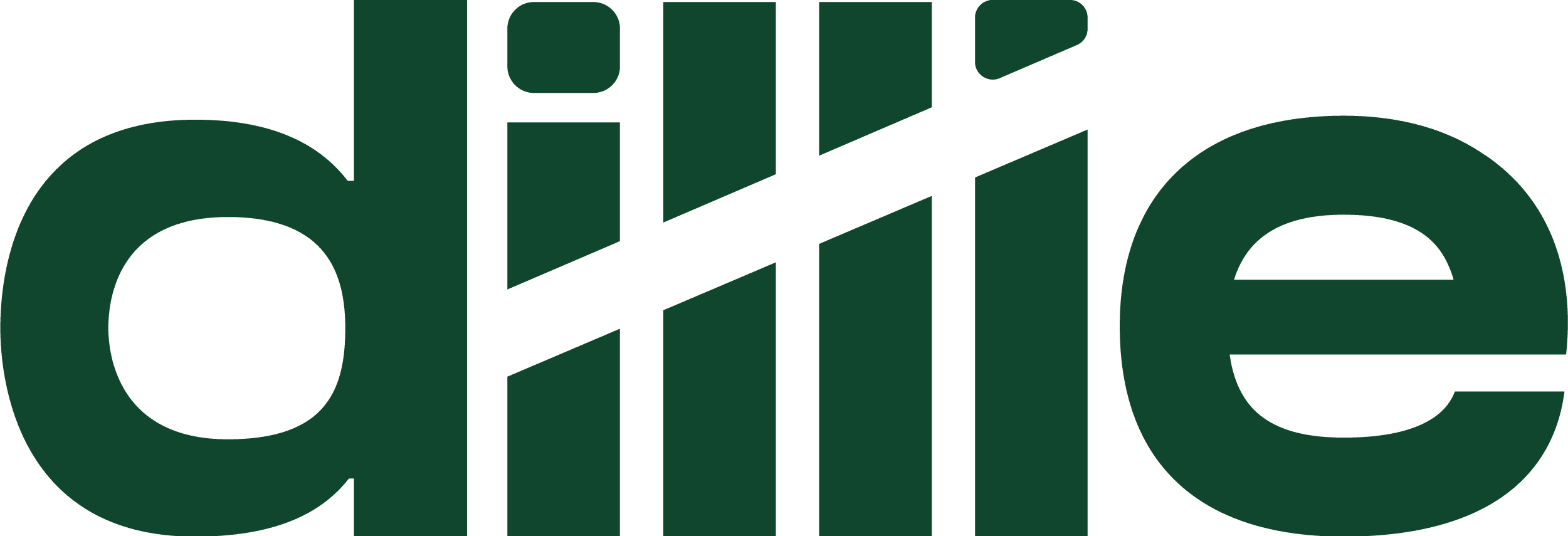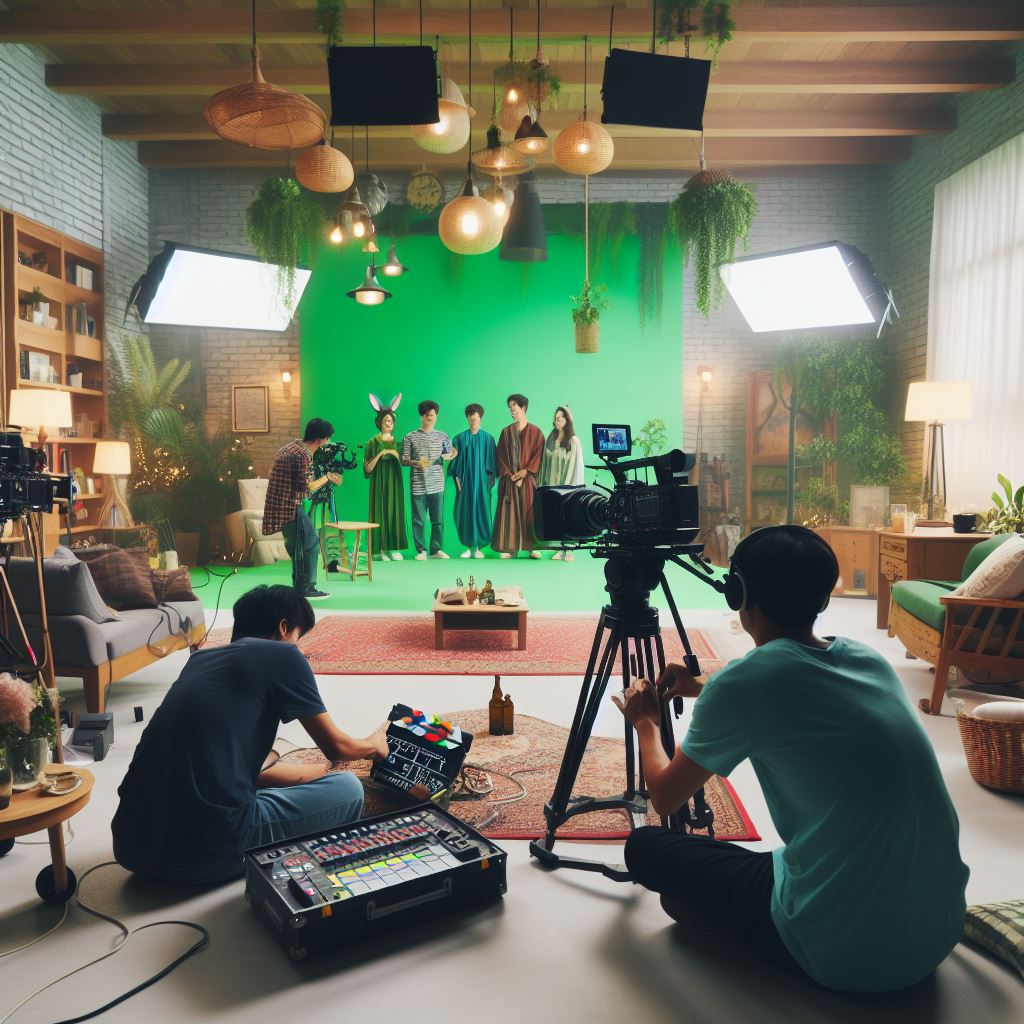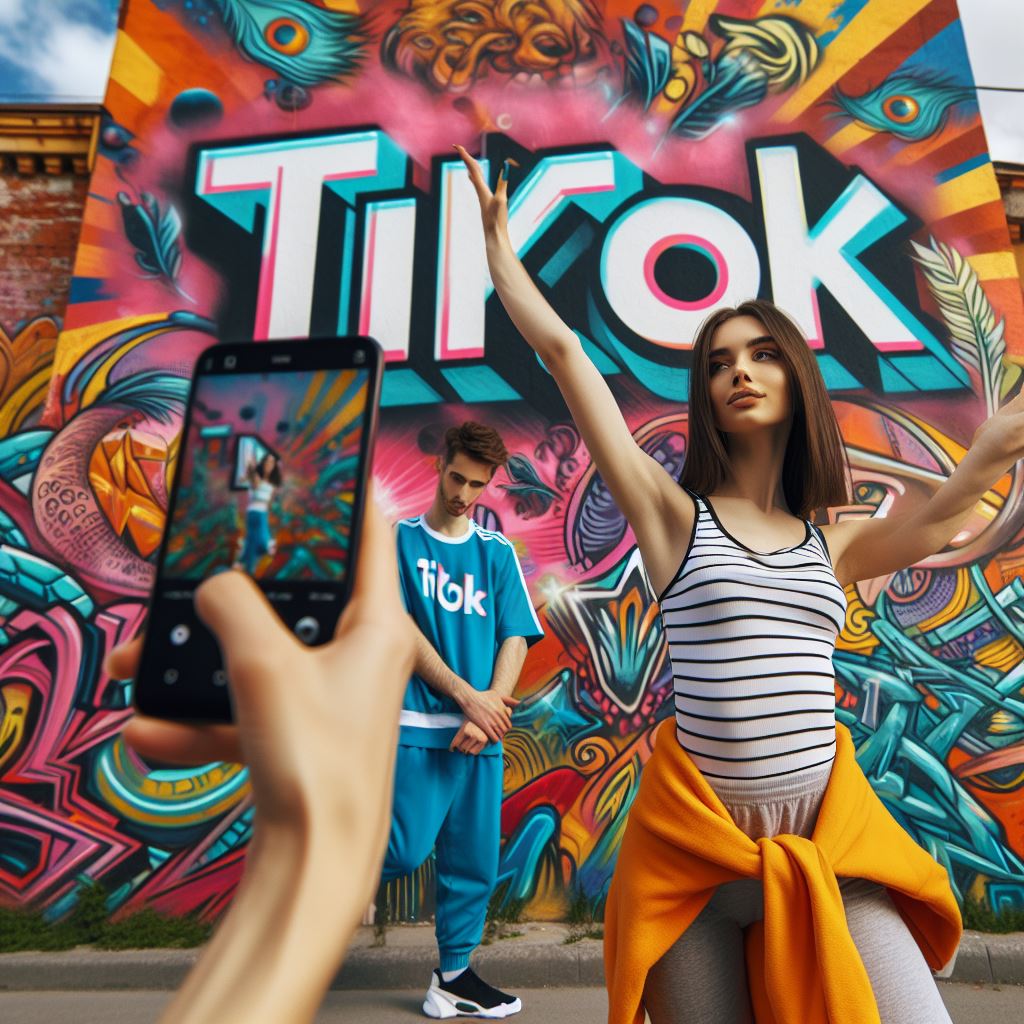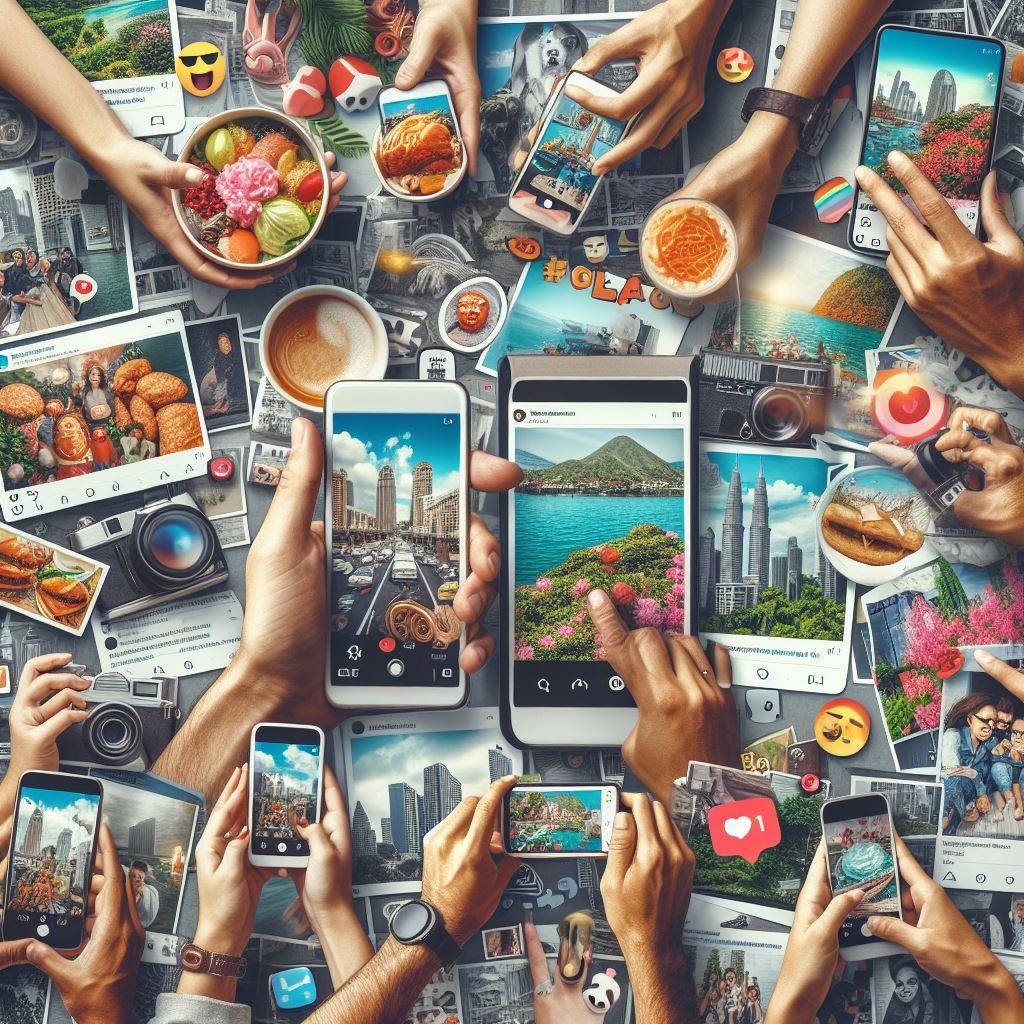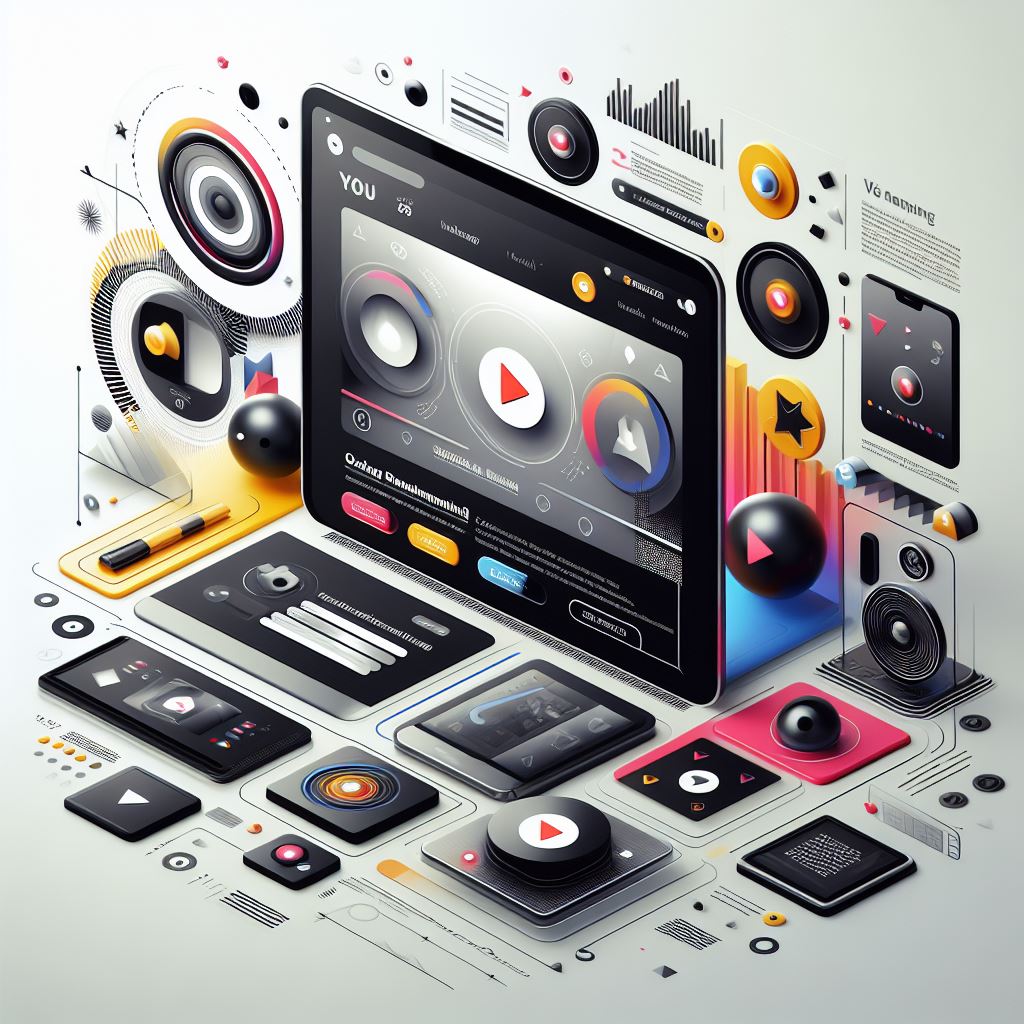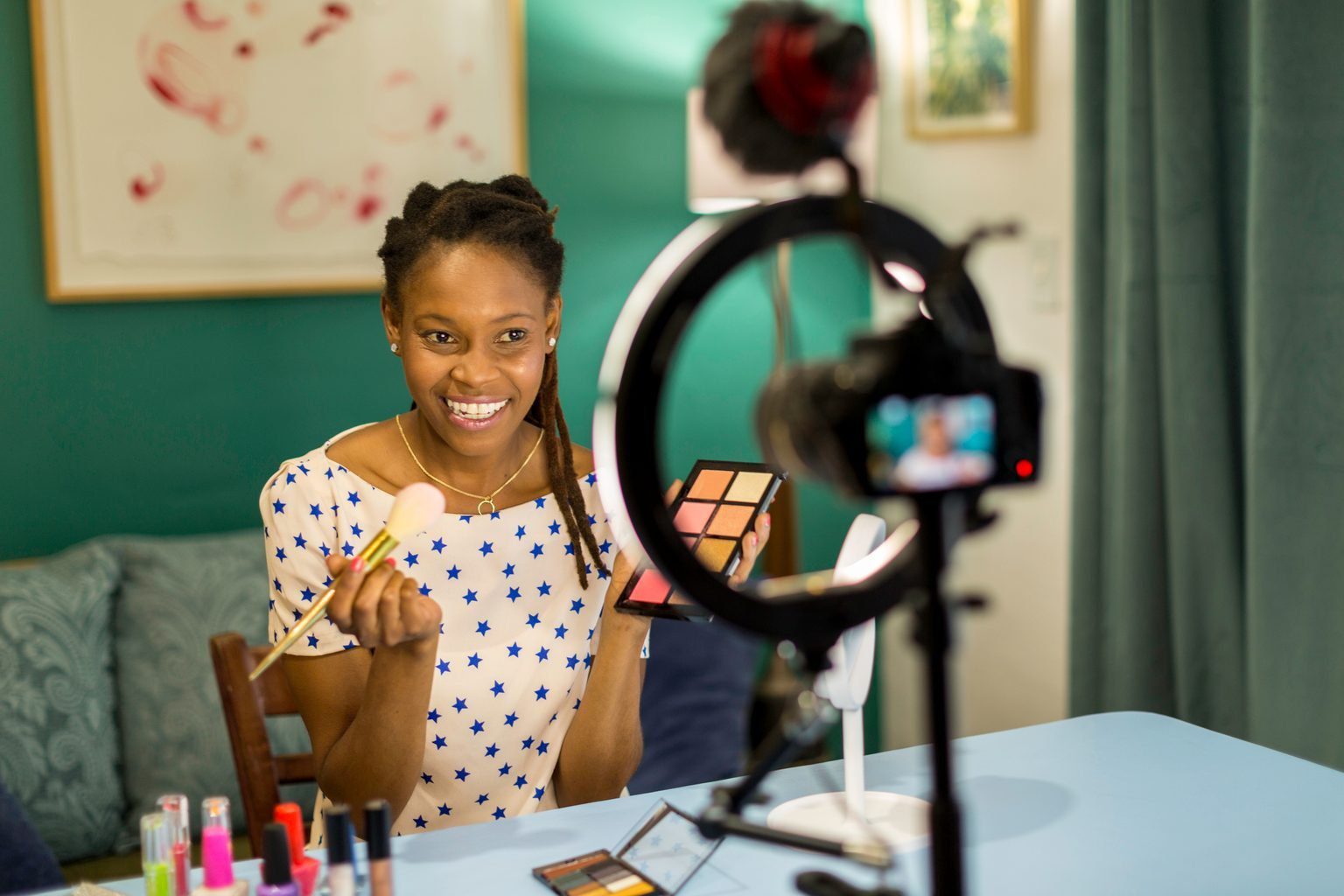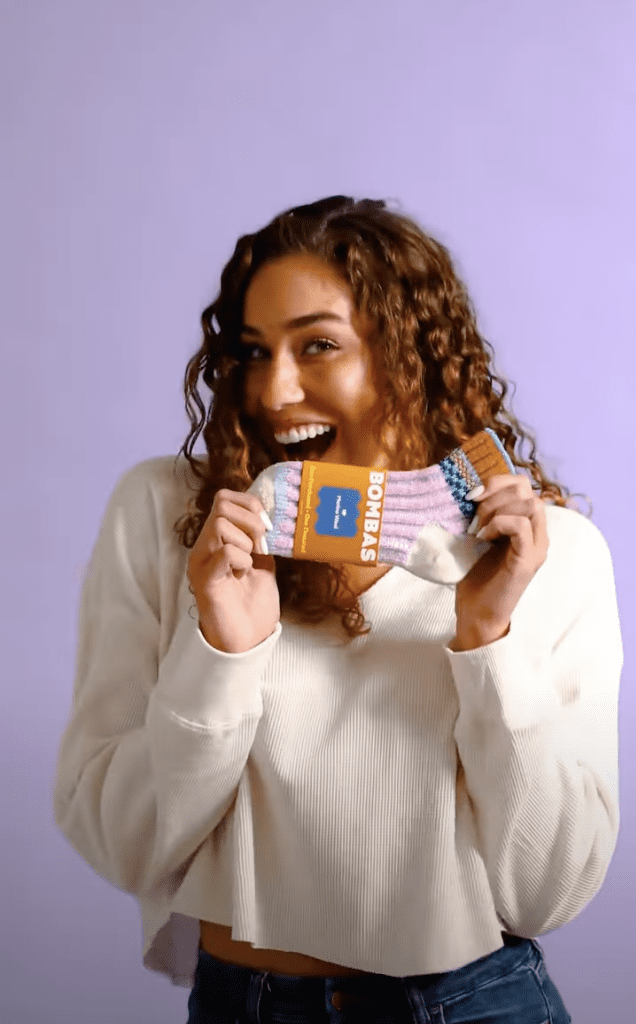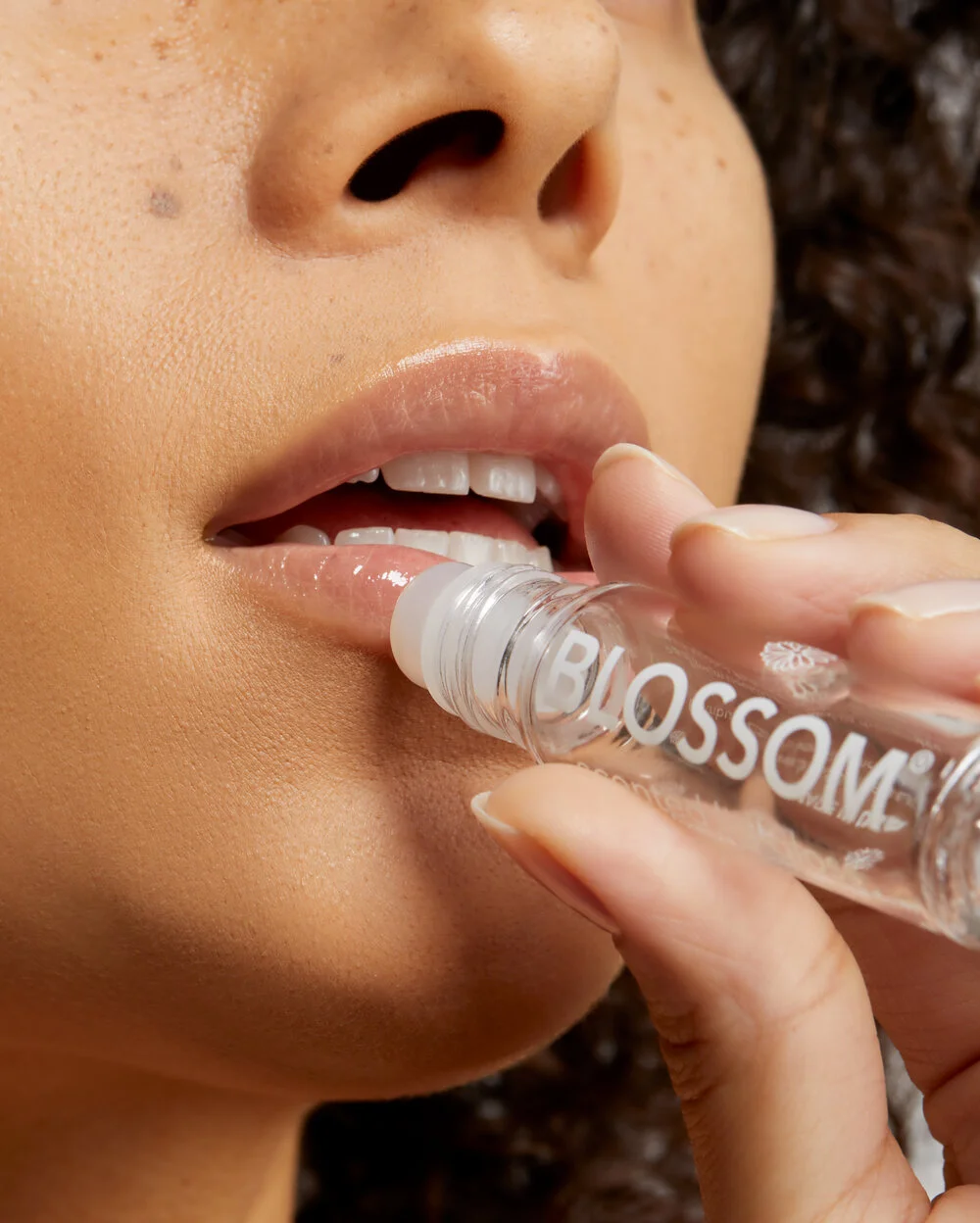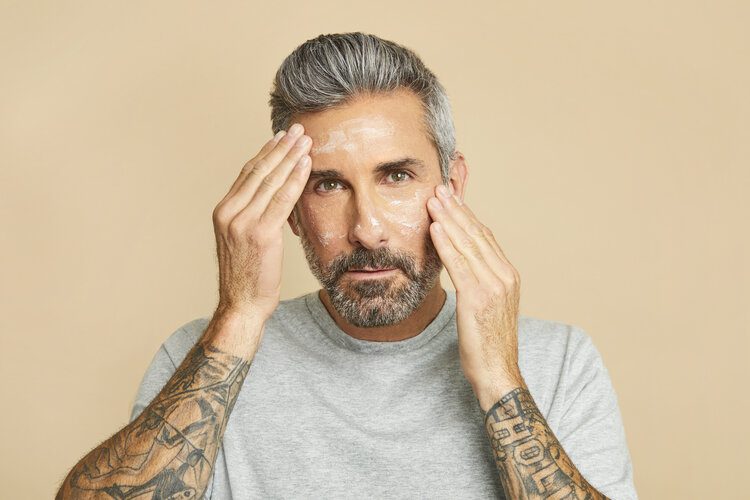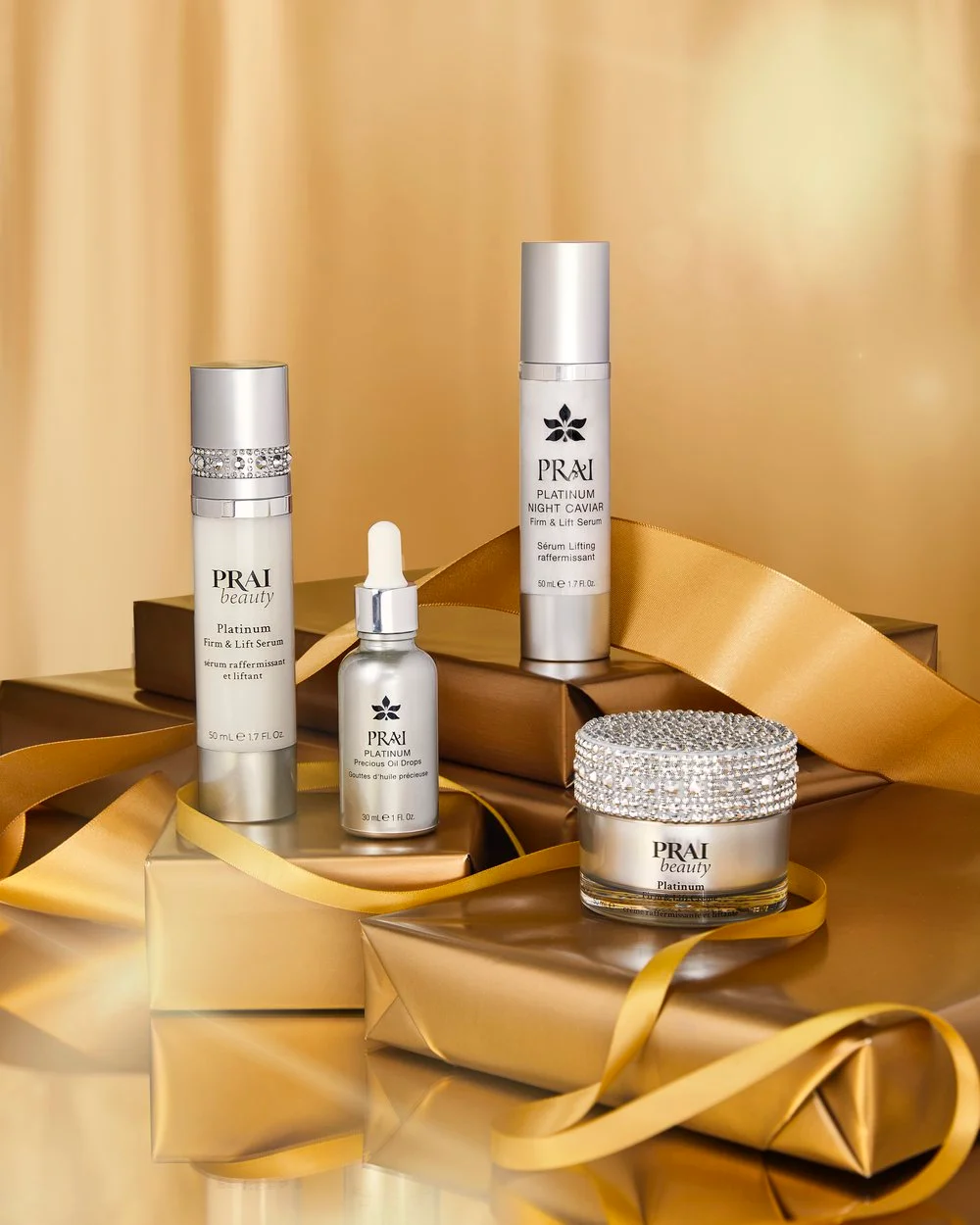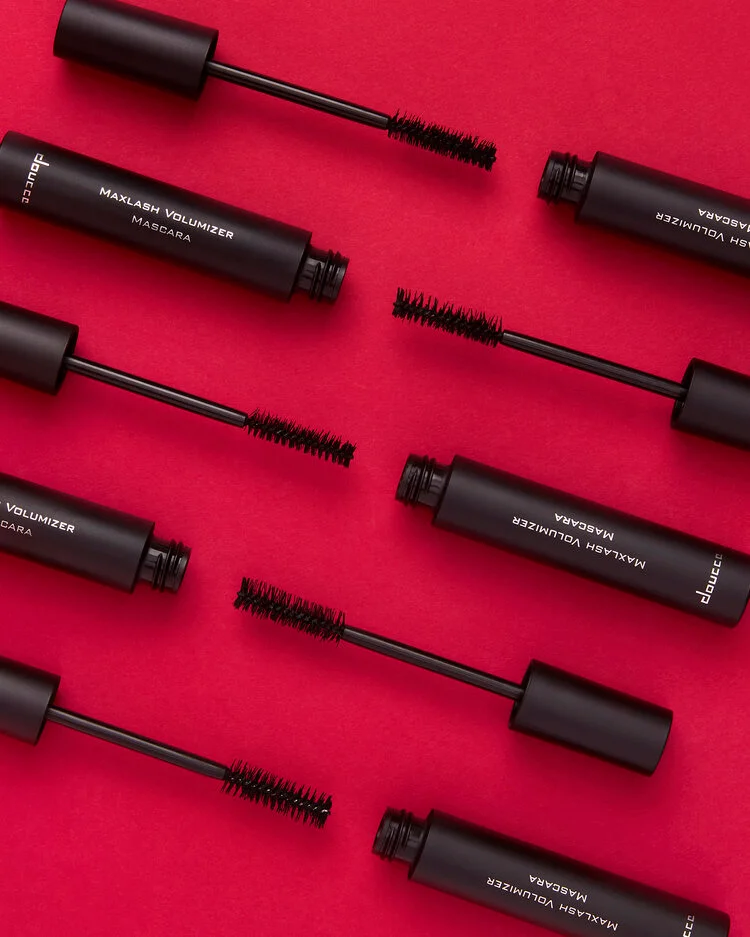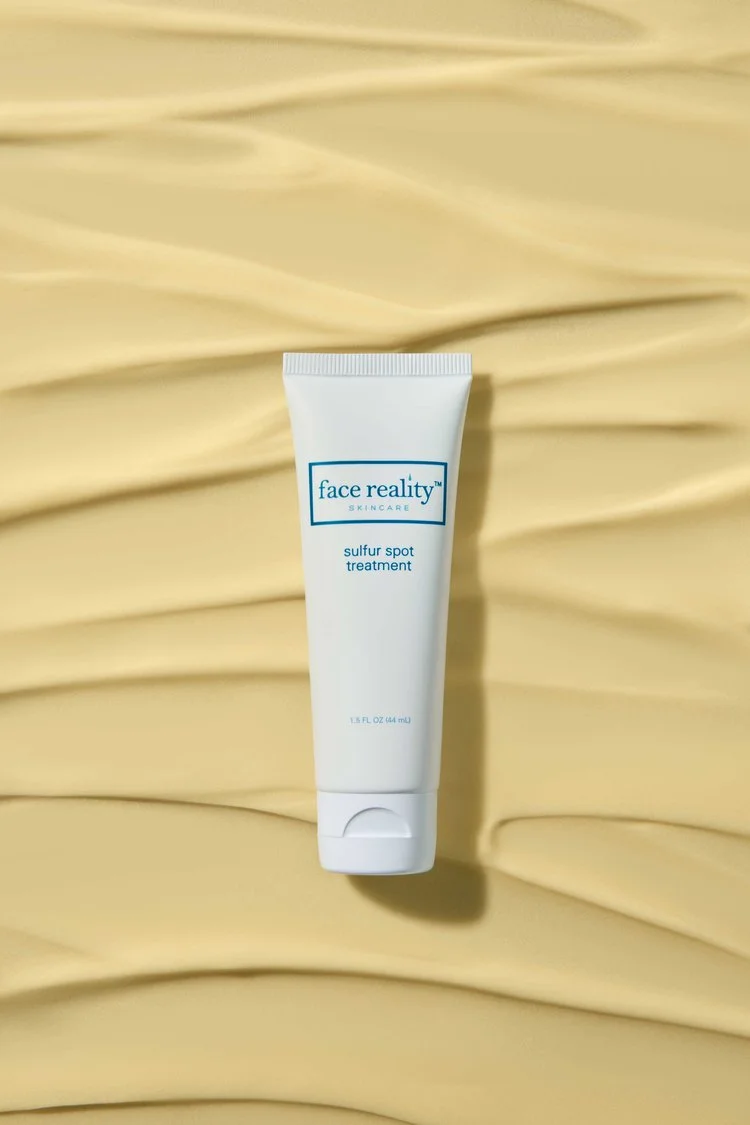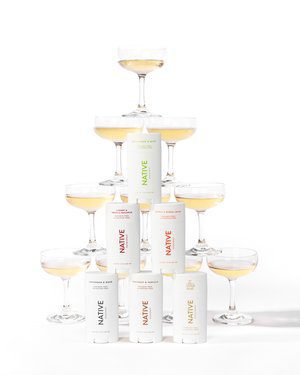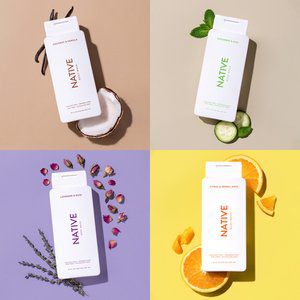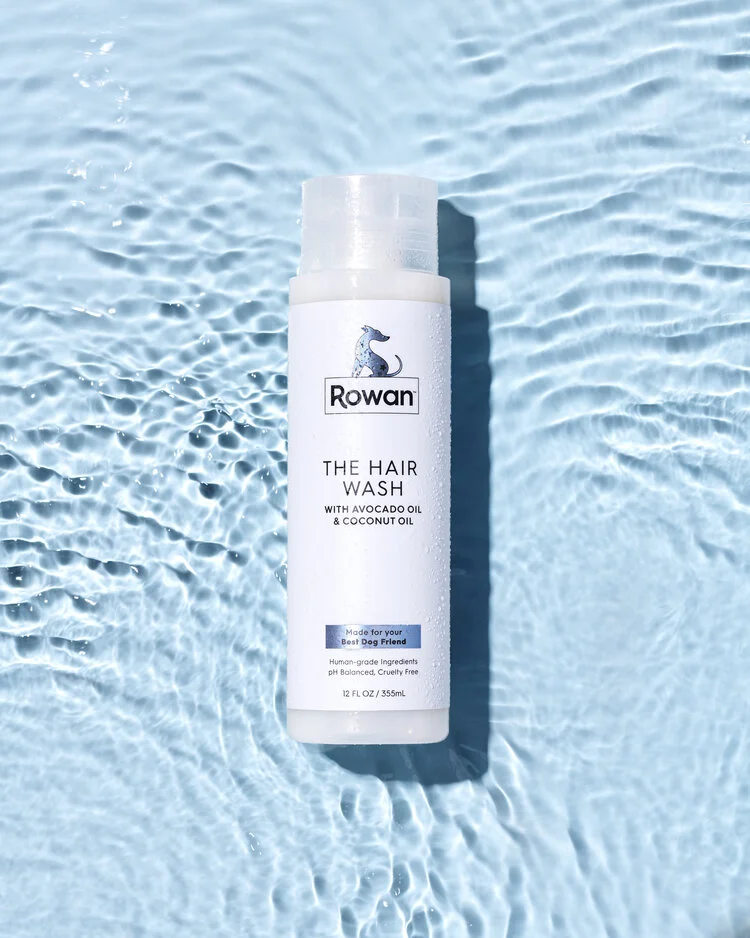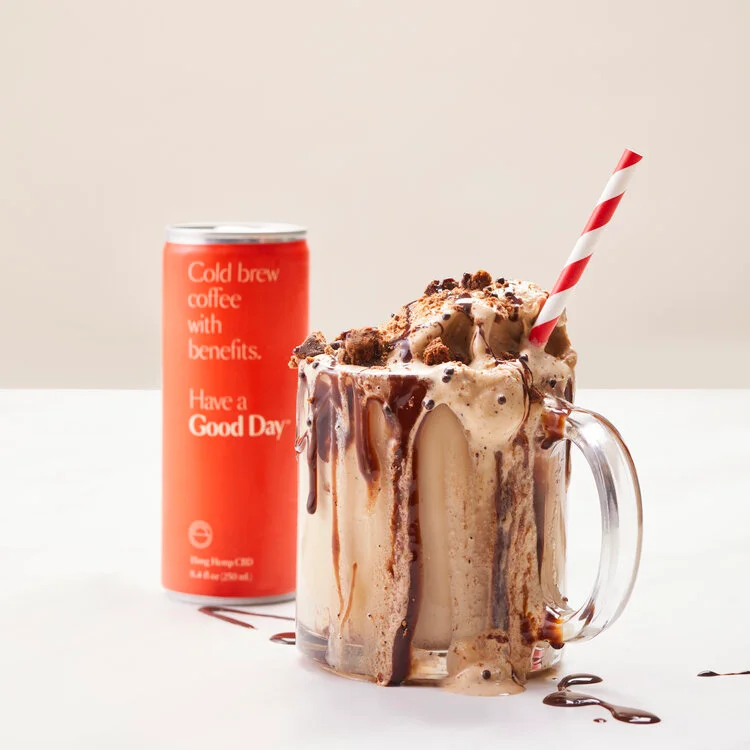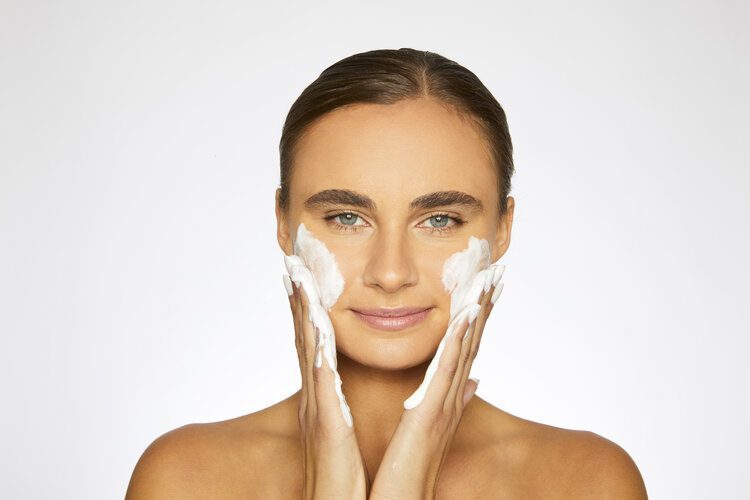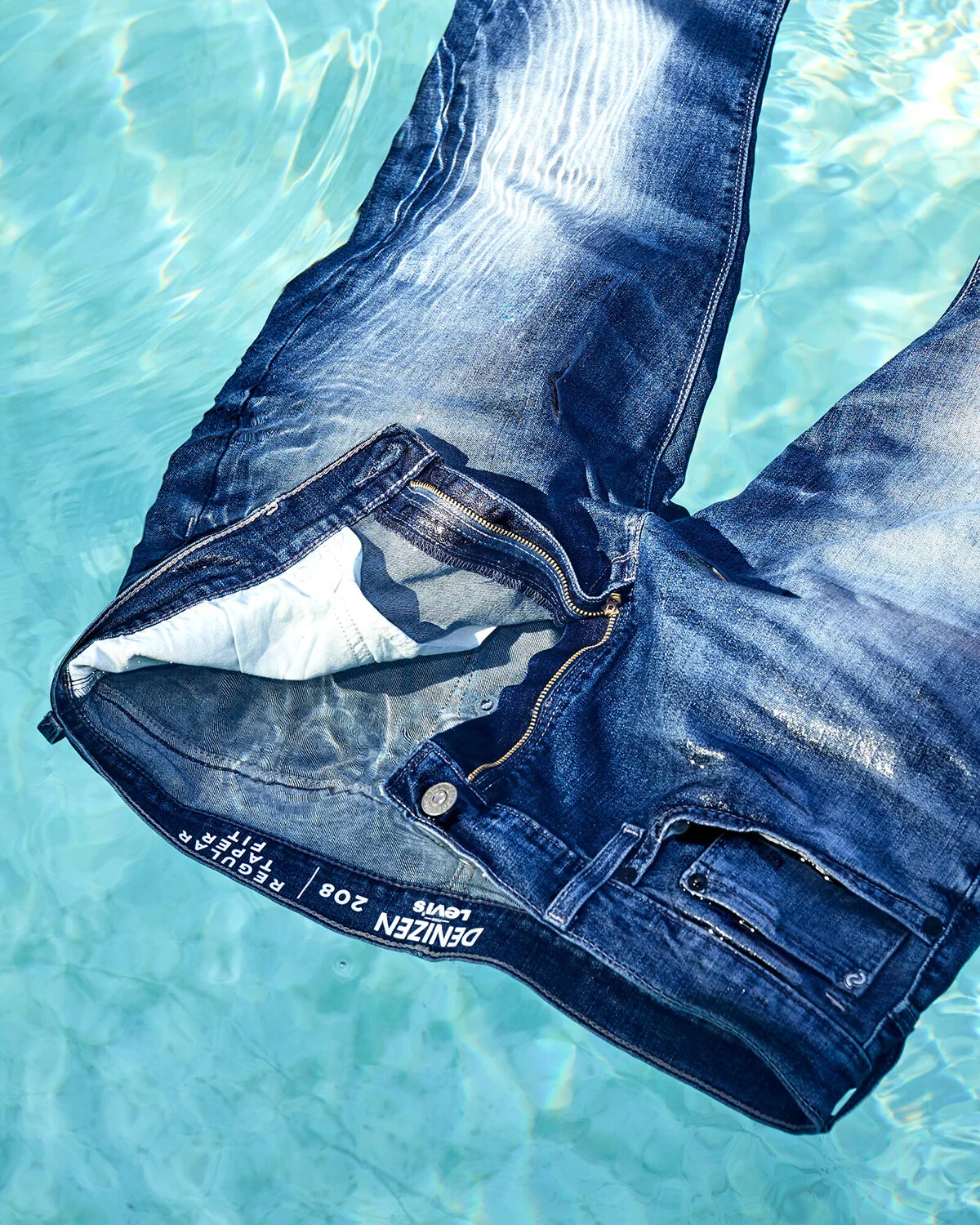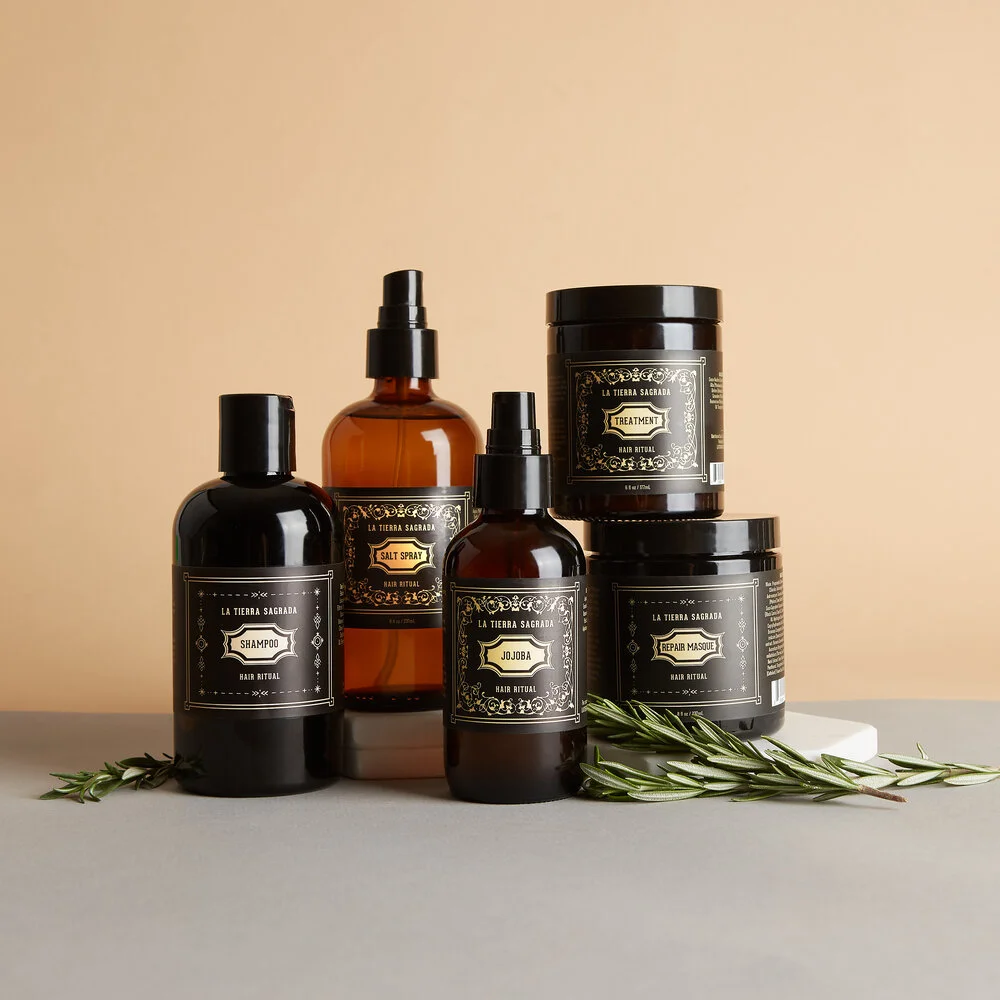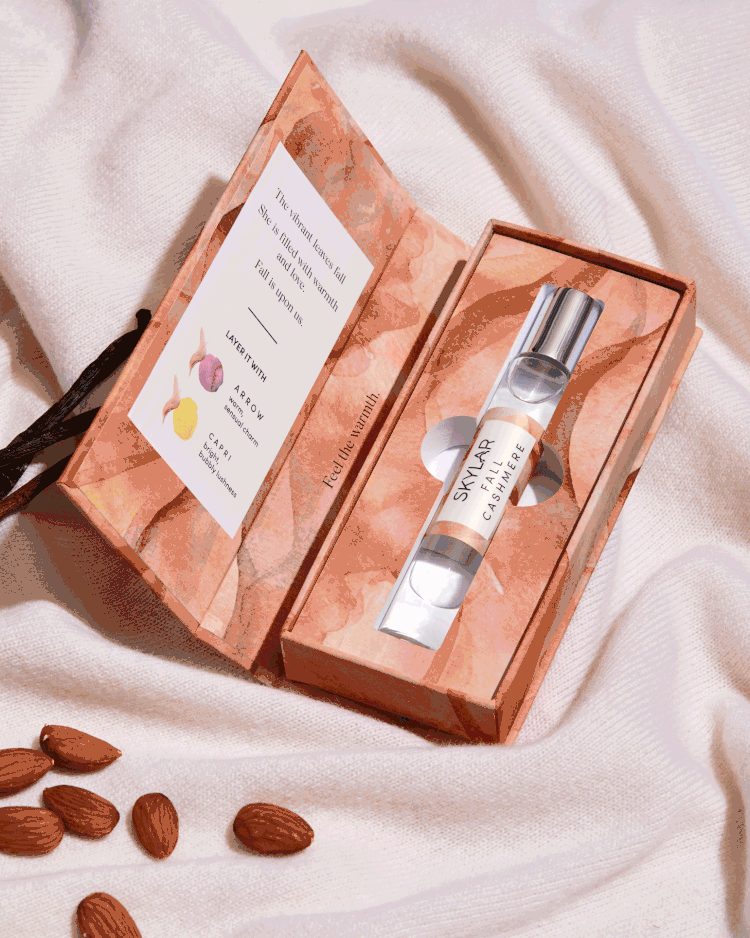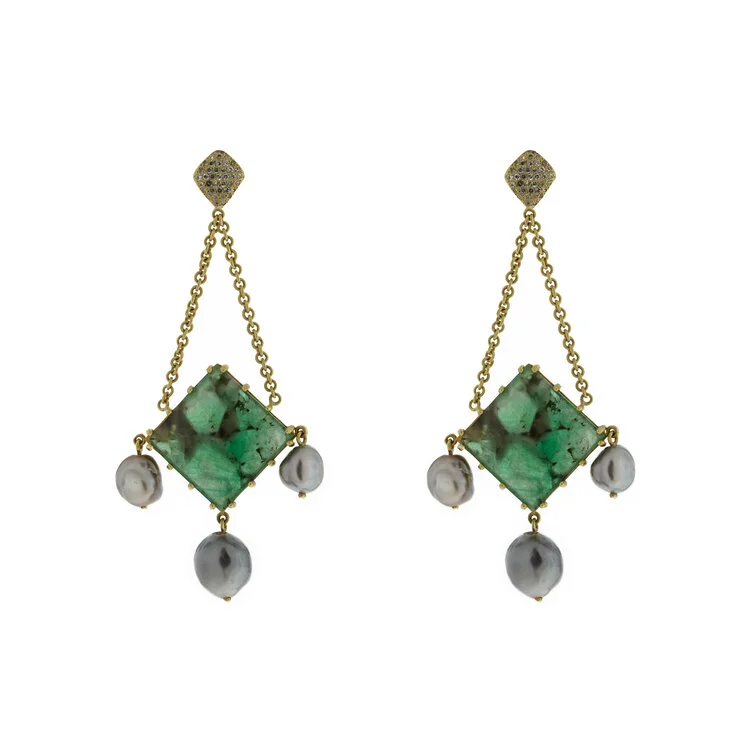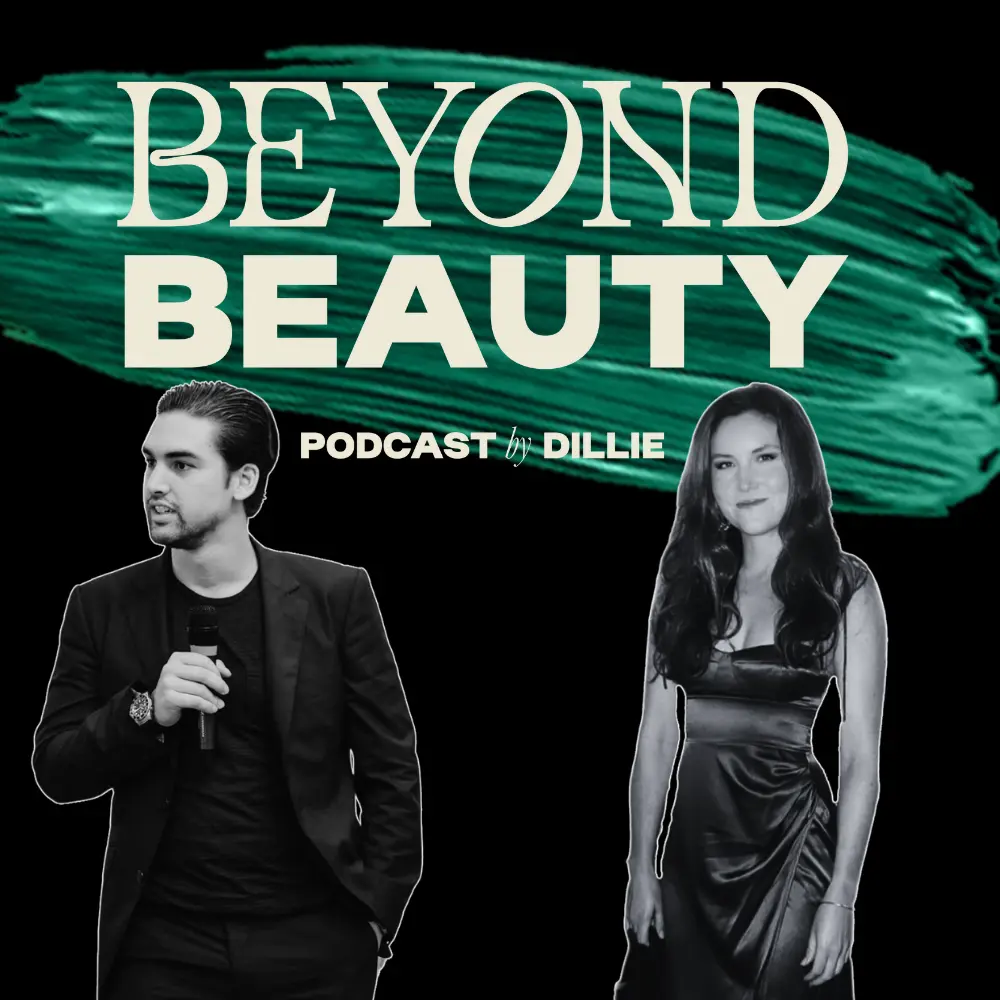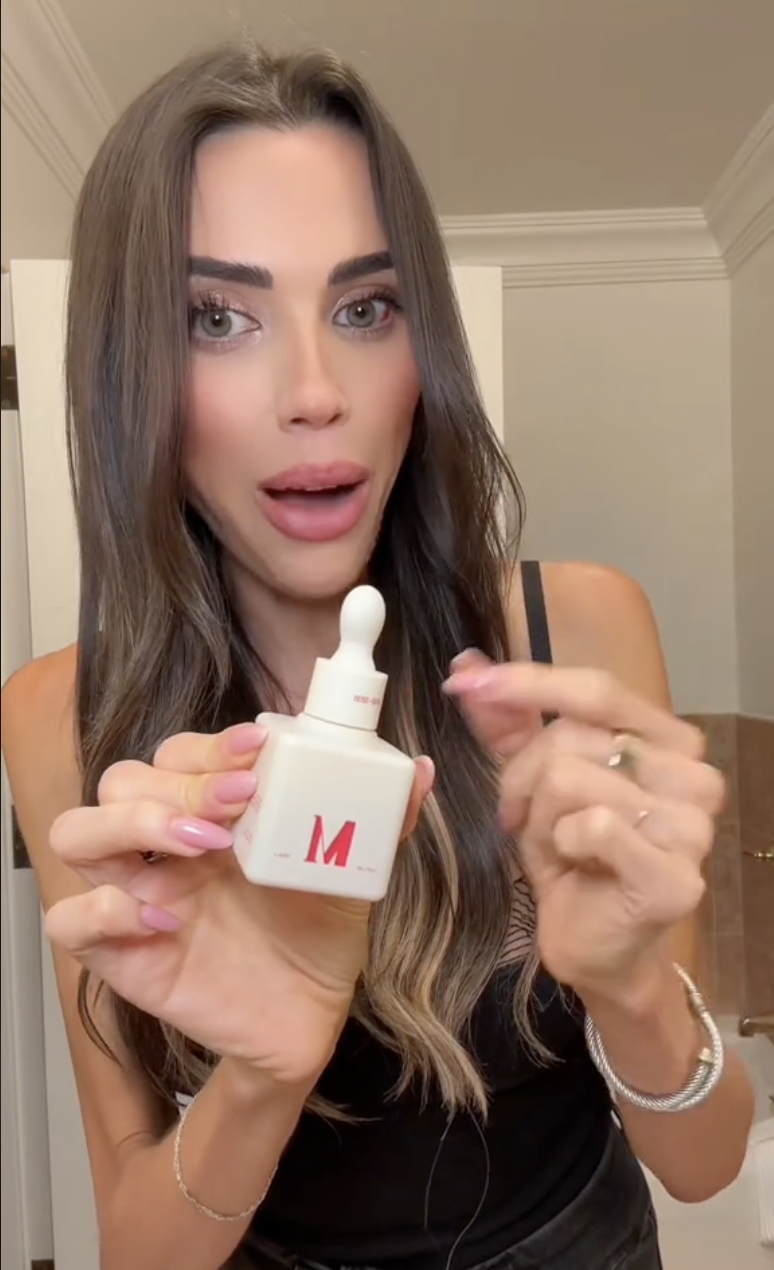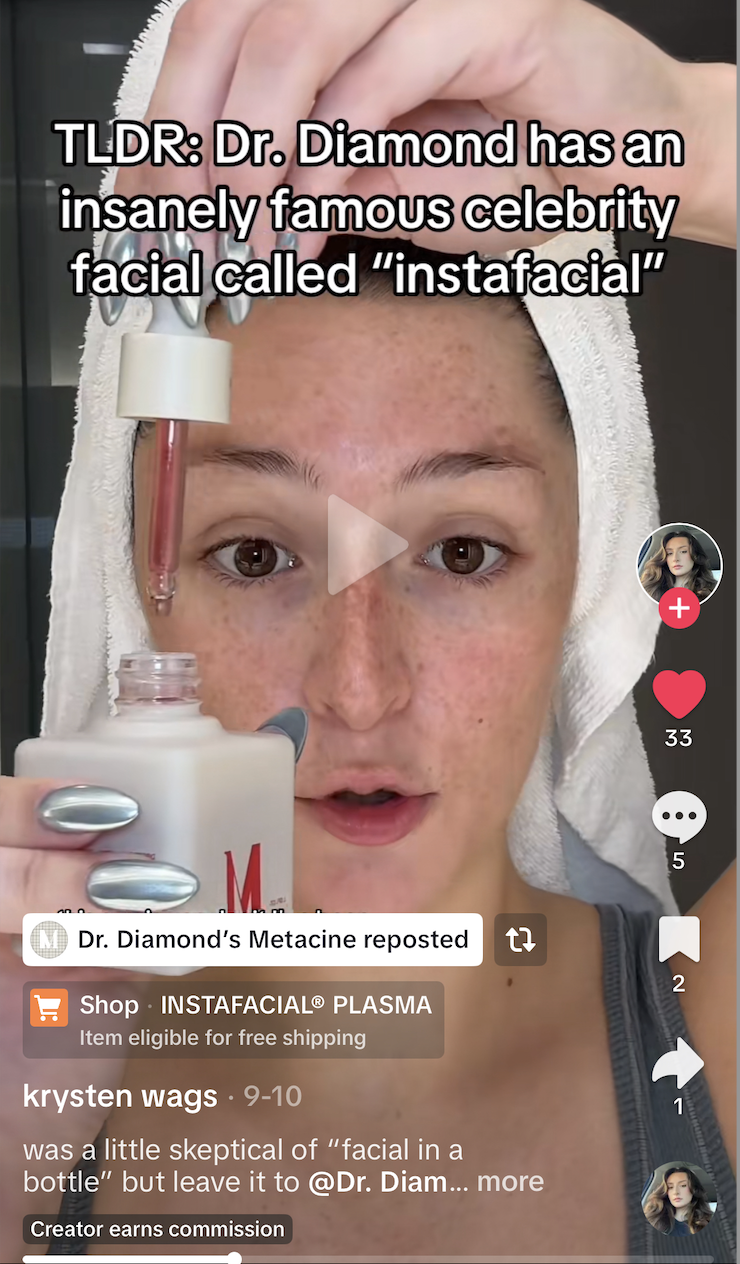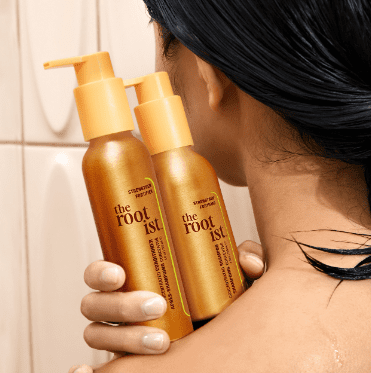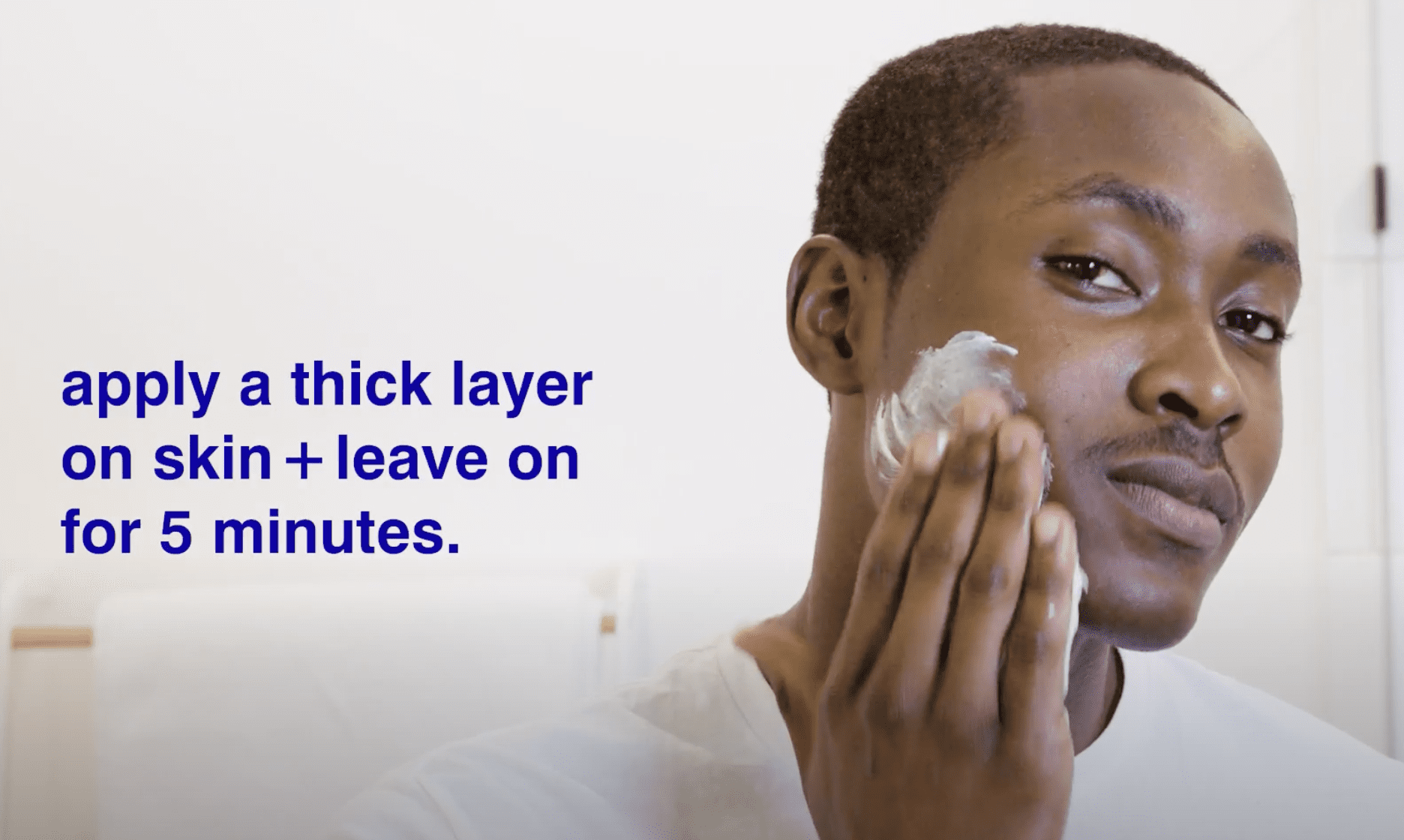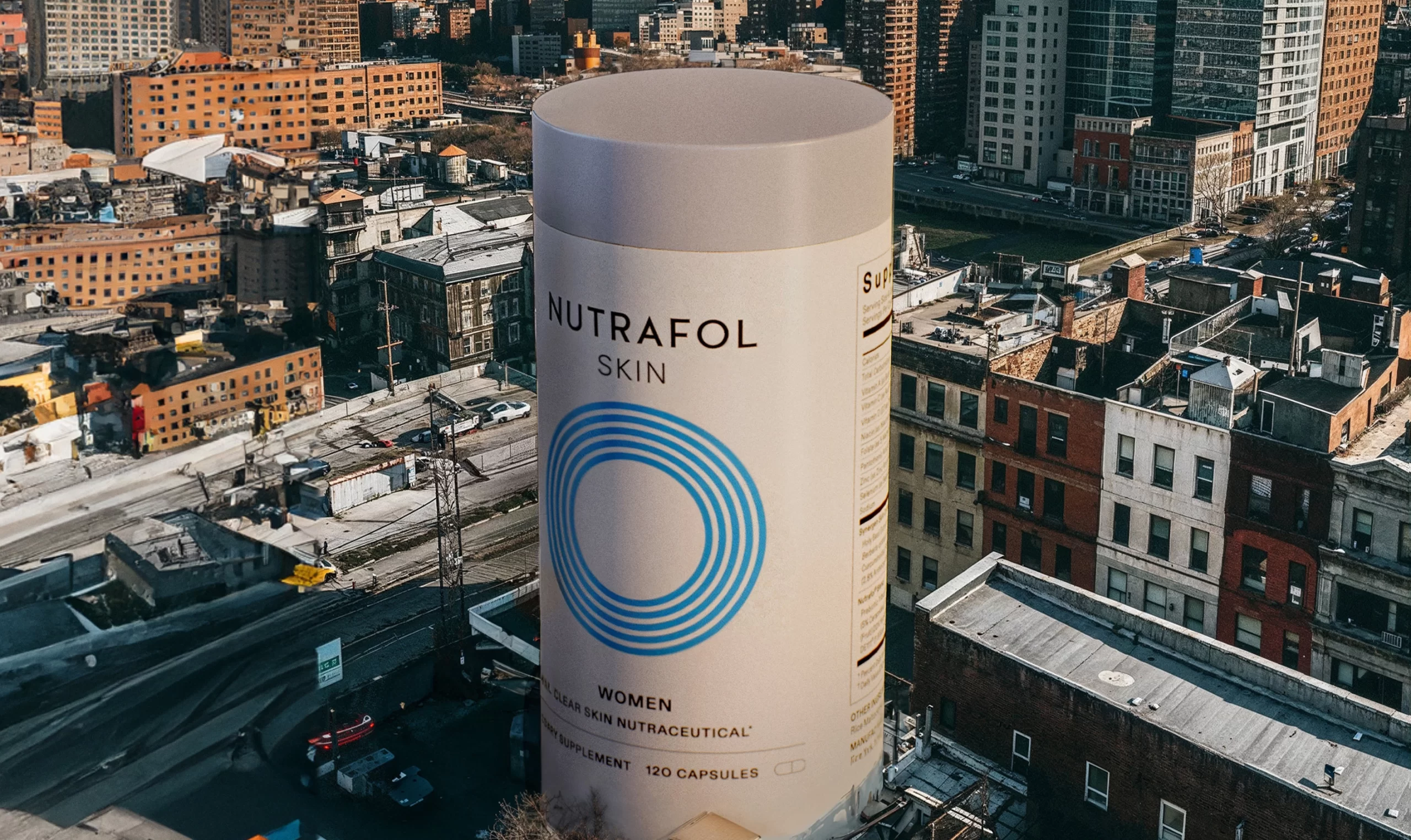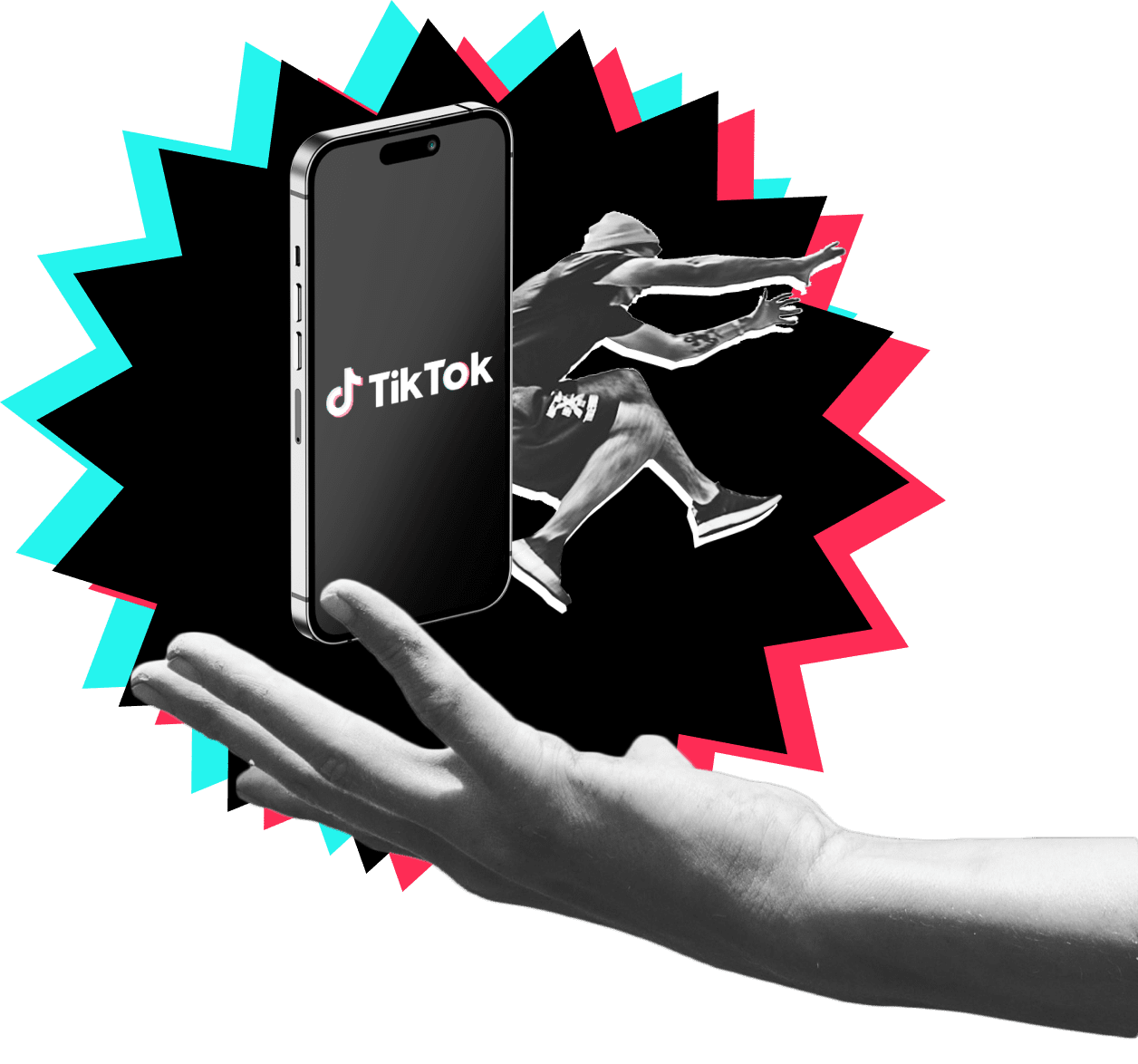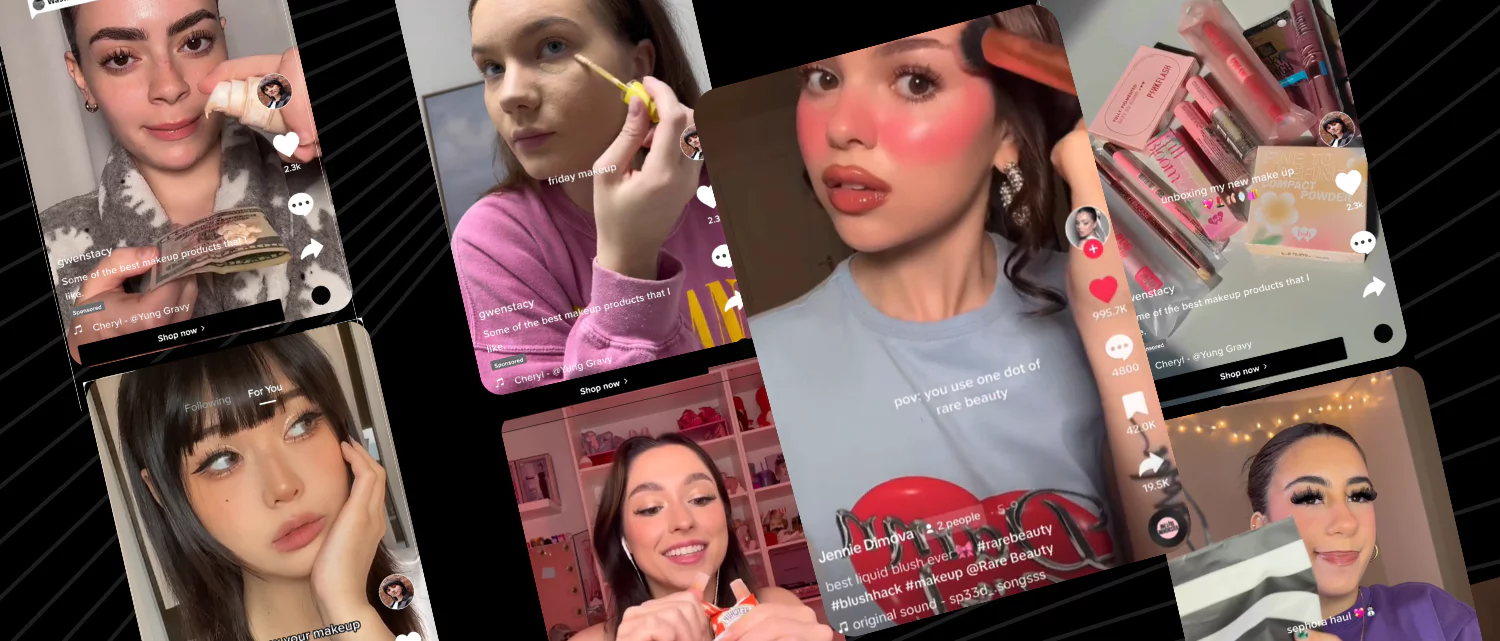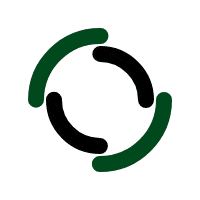In a recent episode of the Beyond Beauty Podcast, the host sat down with Sheila Rondeau, a seasoned executive with a wealth of experience in marketing and business operations, particularly within the beauty and consumer goods sectors. Sheila shared her unique career journey, insights into the evolving landscape of experiential marketing, and practical advice for those looking to carve out their own paths in the industry. This blog post delves into the key themes and actionable advice from the episode, providing a comprehensive guide for listeners and readers alike.
Sheila’s Career Journey: From Military Service to Marketing Maven
Sheila Rondeau’s career trajectory is nothing short of inspiring. Her journey began in the military, where she served six years on active duty in the Army. This experience instilled in her a strong sense of discipline and leadership, which she later leveraged in the corporate world. Sheila’s transition to marketing was somewhat serendipitous. She responded to a job advertisement for an administrative manager position at Anheuser-Busch, only to find herself working within their in-house marketing agency.
The Importance of Experiential Marketing
One of the central themes of the episode was experiential marketing. Sheila describes it as a powerful way to create lasting relationships between brands and consumers. The goal is to bring digital interactions to life, creating a more profound and engaging experience.
What is Experiential Marketing?
Experiential marketing involves creating immersive experiences that allow consumers to interact with a brand in a memorable way. This can include events, pop-up shops, and interactive digital campaigns.
Advice for Aspiring Professionals
Sheila offers valuable advice for young professionals just starting their careers. She encourages them to excel in their current roles while continuously seeking opportunities for growth.
The Role of Curiosity and Continuous Learning
Throughout the episode, Sheila emphasizes the importance of curiosity and continuous learning. She encourages listeners to remain engaged in their careers, not just by fulfilling their job responsibilities but by actively seeking to build their careers.
The Role of Data in Marketing
In the ever-evolving world of marketing, Sheila underscores the significance of data. She explains how industries leverage data to understand customer behavior and measure the effectiveness of marketing campaigns.
The Impact of AI on Marketing
As the conversation shifts to technology, Sheila discusses the transformative role of artificial intelligence (AI) in marketing. She believes that AI can enhance customer experiences and streamline processes but cautions against over-reliance on automation.
The Future of Experiential Marketing
In a post-COVID world, Sheila observes a renewed interest in community and in-person interactions. She notes that consumers are eager to engage with brands on a personal level, whether through events or in-store experiences.
Conclusion
Throughout the episode, Sheila Rondeau shares invaluable insights drawn from her extensive career in marketing and entrepreneurship. Her journey from military service to leading marketing initiatives for major brands serves as an inspiration for aspiring professionals in the beauty industry. By emphasizing the importance of career management, data-driven decision-making, and maintaining authenticity in marketing, Sheila provides a roadmap for success in a dynamic and competitive landscape.
Podcast Transcript
Speaker 1 00:00:01 Welcome to the Beyond Beauty podcast, a platform to highlight the beauty industry’s talent, deconstruct their learnings and spark ideas for your own business. The Beyond Beauty podcast is created by Dillie, the leading creative agency working with the fastest growing brands and beauty. Here, we’ll interview guests from major beauty corporations, creative directors, influencers, founders and risk taking entrepreneurs. Our guests are not only changing the traditional beauty landscape, they are also innovating in ecommerce, branding and digital marketing. Join us as they share valuable advice, how they launch their businesses and most importantly, ignite thought provoking conversations across beauty, tech and marketing. Hi everyone! We are so excited to have Sheila Rondeau on today’s Beyond Beauty podcast. So Sheila, thanks so much for coming out to share your advice and your career journey.
Speaker 2 00:00:56 Thank you for having me.
Speaker 1 00:00:57 Sheila Rondeau is a driven and experienced executive with expert proficiency and providing unsurpassed leadership and revenue growth in dynamic, fast paced, competitive business environments. She is fully capable of leading a full array of enterprise marketing responsibilities as well as general business operations building foundations, enabling the company to scale for growth.
Speaker 1 00:01:19 Sheila has architected strategic partnerships with key clients such as Toyota, Budweiser, PepsiCo, Walmart, State Farm, CVS, Kellogg’s, Optimum Nutrition, General Motors, Macy’s, essence, GSK, Monsanto, Diageo, Colgate and Pfizer, Clinique and many others. Sheila is skilled in the successful application of innovative marketing strategies that enable sustained growth, expand revenue, elevate brand awareness, and improve customer acquisition. She has extensive expertise. She has extensive experience working with industry leading brands on experiential marketing campaigns. Amazing, Sheila, thanks so much for coming out. So we always like to go back to how did you get started? How did you get started building your career? What was the first memory you have of knowing how you wanted to pursue your passion?
Speaker 2 00:02:11 I fell into it. It wasn’t even a passion at the time. I was coming off of active duty. I had just spent six years on active duty in the Army, and I responded to an ad in the paper. I lived in Saint Louis and the position was for Anheuser-Busch.
Speaker 2 00:02:28 It was an administrative manager position. I applied and found out it was actually their in-house marketing agency. So I worked in the administrative position for a short period of time. They had a problem with a program that was very operationally and logistically challenged, and it was mobile beer school. So I ran beer school. What a gig. And that allowed me to do things like Bud bowls, franchisor Bush work on Olympics, work on companies like Vitamin Water to build out their field marketing team, which allowed them to create enough stir in the market that they were bought by Coca-Cola for $4.2 billion. It wasn’t really a passion until I could pull all the pieces together, and it almost creates a puzzle for me, and that’s just how my mind works.
Speaker 1 00:03:23 So how did you get your first? I would say your first job is very different than your job ten years into your career, and then is definitely different into scaling, either becoming an entrepreneur or you’re climbing the corporate ladder. Walk us through that process and advice you would give to someone who wants to follow in a similar career path as yours.
Speaker 2 00:03:41 So I started again at Anheuser-Busch, getting the corporate pedigree, learning on big budgets and high profile projects that allowed me to gain skills, and I was spun off my my in-house agency was no longer in-house. I worked there for a while and just learned the business. I had an opportunity to go to another type of agency. They still focused on experiential, but they were really focused on some cutting edge new types of programs. And we did amazing programs such as tide, loads of Hope and Charmin Restrooms and Times Square. We did pop ups, we did tours. We did a lot of cause marketing where we took brands and consumers and brought them together, and the brands got the halo effect. So in in doing that, just building my craft. And I ended up in Dallas. I was a year into my time in Dallas and decided it was time to start my own business. I had worked from a entry level project manager up to the vice president of Operations at an agency and was really doing the heavy lifting.
Speaker 2 00:05:00 On the leadership side of the agency, and decided that I wanted to do it my way.
Speaker 1 00:05:05 And what was the biggest shock to starting your own business and diving in as an entrepreneur? Like what surprised you the most and took you by storm?
Speaker 2 00:05:15 So for me, I had my dream job at night at 29. It’s not nearly as much fun owning the company as it was working on some of the fun, amazing programs we did. I love what I do, but there’s always a lot of paperwork, there’s a lot of administrative tasks, and that that’s part of owning a company. It also means that no matter what I’m doing, I’m also a new in a new business development role. But what I love about what I do is it positions me to bring young people into the industry and teach them the way I want them to be taught. To teach them the rules that I learned, the foundation that I think they need, that sometimes they don’t get. And also to really look for the people, for the with the type of work ethic I look for.
Speaker 2 00:06:09 And I want people who I know have my back and at the same time never doubt that I have theirs, that we make things happen and that failure is not an option. We make a commitment and we make it happen. But we don’t just give clients programs because that’s what they say they want. What we do is we say, okay, this is the program you think you want. Let us know what your goals and objectives are. And you take that and you figure out through a lot of modeling and math, like who thinks of math as part of marketing. But for me, I do modeling programs where I figure out what throughput looks like. What does return on investment look like for these types of programs based on industry standards, and then do we get them to their goals? And if we don’t, then we’re one of the few who will step up and say, I think you need to look at a different approach, because this may not get you where you want to be. And it really.
Speaker 1 00:07:07 Yeah, that’s a good interesting point not to interrupt you, but I think something that we continue to hear within the world of marketing is it’s ever evolving and it’s changing. Right. And there’s some forms of marketing that there is a direct ROI and there’s some where it’s more of a brand lift, or you’re bringing awareness to a product or to a new brand. So how do you draw that correlation to the how do you bring that attribution? I should say to that return on the investment from this is what you’re pouring in, this is how much time and the financial commitment and this is what how you’re increasing the sales. How do you show that so directly in a very dynamic, ever evolving consumer world and marketing industry right now?
Speaker 2 00:07:48 So most industries are really heavy in data, whether it is the Procter and Gamble’s of the world or a sports nutrition brand. When you look at them, you can look at them as an individual company, their individual brands, but you can also take it as a lump across an industry and say, okay, these are the values that they are seeing based on the lifetime value of a client.
Speaker 2 00:08:16 So they may have stats to say if they land a client, that they will have them for this many years, and this is the value of it. Then we look at, okay, how do they find their clients. So they give a value in. And there there are mathematical formulas formulas. And you look at what the industry standards and what at a certain point, it’s what you and your client decide is a value. So you know that Nielsen figures it out for radio, TV, print, all of those types of things. There are regular averages. You also know that when you are driving, the dot knows that there are a number of visual cues that people get when they are driving highway miles versus city miles. Then you look at social media and what a or a comment or share is, or a follow. And all of those things, you build it and then you start looking at PR and what is not only the PR piece, but are you doing pre promotion around it. And you can lay out all of the pieces of a program, all the touchpoints, and then you start looking at if I am going to spend 20 minutes with a consumer.
Speaker 2 00:09:32 What is the value of having one on one engagement, creating a memorable connection with them and something they may never be able to do again, or to be at something that matters to them that you’re connecting with. And so you look at what the value of those are, you and your client. Look at what past history has been, what other industries are doing, and determine what the value of it is. And based on that you look at the ROI.
Speaker 1 00:10:02 So with that said, there’s.
Speaker 2 00:10:03 A lot of data.
Speaker 1 00:10:04 That is so that is a lot of data. And that’s a it’s a big component of your job. And stepping back to something you mentioned earlier was you enjoy the work, but not so much of running the business. And I think a lot of times people see building a business, running a company, becoming an entrepreneur. Oh, it’s so fun. It’s all games. It’s really complex and there’s so many different hats you have to wear. And a lot of times we give a different spotlight to entrepreneurs, and we don’t see everything that takes to get those building blocks together and to continue to pile on top of each other and really start versus scaling a business.
Speaker 1 00:10:37 So in your role, you’re doing everything from taxes and administrative work and behind the scenes and then bookkeeping, and then you’re also managing people, and then you’re also going into business development. You’re bringing on new clients and keeping the clients. How do you manage everything and how have you scaled your business over the years? And what advice would you give to someone who’s looking to build their own business, or to start accelerating their business and scaling it?
Speaker 2 00:11:03 I create a dream team, so for me, I don’t want to do taxes. I don’t want to do payroll. I have a great attorney. I have a financial advisor. I look for all of those people, and I give them permission to talk to each other, to work in my behalf because I’m on the road a lot, and so I can’t be the roadblock. And then you hire a team around you and you empower them. You teach them. And I look at the fact that one of the things I excel at is nobody has sold my business better than I have.
Speaker 2 00:11:36 I have tried to hire salespeople. No one has done better in the sales area than I have. The other is I build the initial plan with my team. I put the safety rails in place. We do risk assessments on it, and then I have to allow my team to execute it and make it happen, but also do regular check ins so that they can come to me and tell me when they see that there might be a problem. We also have to have an agreement that bad news only gets worse with time. And so if there’s an issue, don’t hide it from me. Tell me there’s a problem. Come to me with possible solutions. But when it comes down to it, also know I’m the one who’s done this for 30 plus years, so give me the opportunity to fix it before you’ve backed us into a corner that I can’t.
Speaker 1 00:12:28 It’s very good advice in terms of other advice that you would give to people or what advice you received either thoughts that you have developed over time and best practices.
Speaker 1 00:12:36 Maybe it’s a mantra, life motto, or what your mentors have shared with you, or what you share with people that you mentor yourself. How would you categorize your advice? Whether it’s one key piece, Three key components of it could be a blend of professional and personal. It could be about building a business. It could be totally separate than entrepreneurship. What advice would you want to share with someone listening?
Speaker 2 00:12:59 There are two things I would suggest, and the first one is, regardless of if you’re running your own business or you’re working in corporate America, or you’re working in a small business, is make sure that you manage your career, not just your job. It’s really easy to get so deep into the woods. You have to manage both.
Speaker 1 00:13:24 And how do you do that? I think a lot of times we are in places like I think back to my own career ten years ago, and there are times that you’re working 15, 18 hour days. So the first thing you do when you get up in the morning is you look at your phone, you’re at your computer, you’re at your desk by seven, you’re leaving and it’s pitch dark out.
Speaker 1 00:13:39 And whether you get to work out or not or see your friends, most times you don’t. And you get so in the weeds, especially if you’re working in a very high pressure, intense competitive environment. You you forget about your own career and you’re building someone else’s company. So how do you balance both? Whether, like you said, you’re in corporate America or building your own business.
Speaker 2 00:14:00 So you always look to train your replacement. You can’t move up until you have someone who can fill your shoes, and you can’t be jealous. You have to know that you are pouring into someone who will then help push you up. The other piece of advice is when you own a business. Most people think at least if you don’t own a business, you think it is really easy to be an entrepreneur. If I was an entrepreneur, I could spend less time at work in more time with my family. The truth is, you put more time into it. One of the great pieces of advice I heard many times is that don’t make your family suffer twice.
Speaker 2 00:14:47 If you are at work, be at work and get things done. If you are at home, be present. Because if you’re thinking about work, when you are at home, you are doing a disservice to them. They get punished twice.
Speaker 1 00:15:01 I love these pieces of advice. These are so useful. Wow. It is. And it’s I think it’s a lot about compartmentalizing to and saying, like you said, when you’re here, stay present. When you’re at work, stay focused. And it’s really like understanding, like what your priorities are within the time. Not so much always long term, but what’s going on at this very moment. Yes, this is great.
Speaker 2 00:15:21 One of the things you should always look at is if I am doing a task, what is that task costing me? So if I decide I am going to skip a day of work to take care of something at home, and I look at what it would cost me to hire somebody to do that for the day versus what could I get out of my day by not hiring somebody? So if I was at work instead of at home, what could I get out of it? Now it’s different when it’s family and you’re spending time that you don’t delegate that.
Speaker 2 00:15:58 But also know that you have to look at yourself in the mirror every day and say, would I hire me? As an owner of a company? A lot of times people get lazy or they get stuck in a rut and they don’t do the things they have to do to grow their business. They do what’s easy or what they’re used to doing because it’s comfortable. But every day, as the owner of a company, I have to look at myself and say, did I earn my paycheck today? Before I can judge whether or not my team earned theirs?
Speaker 1 00:16:36 It’s growth is in the discomfort, for sure. And they say when you seek discomfort, that’s when you feel. That’s when you grow. That’s when you can shift out of this bubble that you’ve placed around your own being. And so that is very difficult. I think for most people, like people love to be comfortable, right? People love to come home, put on sweatpants, especially in this country, and watch TV. Right. How do you encourage someone to say it’s okay to be uncomfortable? It is okay to do something that’s not in your areas of expertise.
Speaker 1 00:17:05 I look at technology, for example, or I look at the world we’re both in, within CPG and beauty and personal care, and it’s ever evolving. And so I think it’s scary to some people to say one minute this is a trend, the other minute this is a trend. How is AI impacting? How is technology moving so fast? How do you encourage people that you work with to quote, seek that discomfort, learn something new, step outside of their zone.
Speaker 2 00:17:30 So I do it through goals like for myself. I’m an introvert by nature and I’ve had to teach myself to get out. I know that in order to grow my business, I need to go to this many events a month where I am either speaking or make enough of an impact that I am meeting people. And it’s not about handing out business cards because we can all collect business cards, it’s about having meaningful connections. First of all, you don’t have time to go to an event if you don’t have time to follow up from an event.
Speaker 2 00:18:02 So don’t waste your time. So people who think they have to go to networking events or go to conferences, and they’re going to meet all these people and have all these great connections, you can’t afford the time to go if you can’t afford the time to follow up. Second is I force myself. It’s in my goals that I get evaluated on to my team. I commit to them that I will look at this many new technologies every month, and I task them to bring me technologies to look at. So we are learning together and I might find out about a technology, and I will task one of my team members to go figure that technology out and teach us all.
Speaker 1 00:18:45 Something that we talk a lot about in this podcast is AI and how AI is changing, not just the world of marketing. All industries, arguably especially though within consumer brands per se, there’s a lot of people say, oh, it’s product development, or it’s about the data side of marketing. What do you think the future of AI is within CPG marketing?
Speaker 2 00:19:07 First of all, I think it is an interest people.
Speaker 2 00:19:11 So anytime you can add AI into an event and create a more robust experience, it also is a great way to capture data and information to streamline processes. But then you also have to be experienced enough to know that you have to go back in and review it and make sure it’s valid. To take tools you’ve always used, run them through an AI filter to see if it brings you something that you may not have thought of before. It also helps you write content and gives you more clear, concise messaging. But again, you have to look at it and make sure that it isn’t. It’s not so automated that it feels sterile. So you have to read over it and say it out loud to make sure that it feels genuine. Because as much as we want to use AI as a tool and it can be a fabulous tool, we also need to make sure that it doesn’t take the emotion out of it, because prime example. My specialty is experiential marketing. Experiential is about face to face marketing, creating experiences that that create that, that bond and those emotional connections.
Speaker 2 00:20:36 And when you do that It changes people’s buying habits because they do business with people they know and trust. But if you lose that factor, then why are you bothering with experiential? Because it it becomes on an authentic. And authenticity is something that people realize. Like from such a distance. And when you start using AI too much and you don’t use it as a balance, what I love about a lot of the new AIS is that you can direct an AI tool to your book of work and have it pull from that so it knows your voice, it knows how you approach problems, and all of those things will make us better. It will make us more efficient. But we again, we have to put our filter in and make sure that we aren’t allowing it to be too cold, too sterile and inauthentic.
Speaker 1 00:21:39 So let’s definitely dive into experiential marketing authenticity. A lot of people think of marketing right now. They think of TikTok and Instagram and social media. People are spending more and more time on their phones, and they’re creating a distance between themselves and others.
Speaker 1 00:21:53 And with coming out of this age of Covid, I think people are very excited about community again and interacting with other people and going into it a Sephora, and they’re touching the makeup and swatching it on the back of their hand. So how have you seen experiential marketing and these in-person interactions evolve, whether it’s through a digital platform, in an experiential way, or through a traditional way of in-person? And what is the future of experiential marketing and what’s to come?
Speaker 2 00:22:21 For me, I see experiential as a way of doing digital, pushing to life, pushing to digital to create a longer experience and a regular check in. It’s about creating relationships and whether you do it digitally or face to face, the idea of creating both just solidifies it. It’s the ease of doing it digitally, with the emotional connection of feeling that energy from someone, of having somebody greet you, of getting a one time experience that you may not be able to get anyplace else, or just that fun of being part of a group that is doing something that takes your breath away.
Speaker 2 00:23:12 But again, being able to follow up through the digital being invited through digital to tracking through digital but not making it where it feels like Big Brother. Instead it is by mutually agreeing to connect. And I think one of the biggest issues that I see and actually there are two. One is that most brands speak at people instead of speak with people. Okay. And if you want to use digital marketing, social media is social and it means it should be a two way communication. It also means that if I am going to read your content, give me value. So I feel like I learn something. I have insights to something that is different, that I grow from or or it adds to my life. The other big pitfall I would ask for folks to think about is when you try to do a hybrid event, lots of people talk about hybrid events, and I have to tell you that whoever is in person will always get a better experience. And so it’s really hard. It’s one thing if you are digital and you know, that’s what everybody else is experiencing.
Speaker 2 00:24:37 But if you are digital and others are face to face and they are getting things that you aren’t or you are seeing it as a bystander instead of being engaged by it, it really ruins that experience and you can’t get the same level of experience. It’s just not possible.
Speaker 1 00:25:00 So we’re winding down with the podcast. We have two final questions. There’s a lot of this podcast that’s focused on almost crowdsourcing coffee chat. So right now we’re lucky enough to sit down and I get to hear your story and how you got started, how you scaled your business, how you’re continuing to keep up with this ever evolution. And a lot of people say, we don’t have that same opportunity to find people within our network to sit down and have a coffee chat with and say, how do I start my career? How do I build my career? What’s the difference between the job at 22 versus 25 versus 30 and so on? So what advice would you give to someone who’s just starting off today, whether they’re in their early 20s.
Speaker 1 00:25:37 It’s their first corporate job. They’re getting out of school. They’re saying, what’s next? How do they how do you know? What is your stepping stone to get to your ultimate goal? Whether you know what that is or you don’t know what it is?
Speaker 2 00:25:49 So the first thing I would suggest is do the job you’re in and do it well, but then always be looking to grow. And that’s what I talk about owning your career as well. But my advice to those people who don’t have the opportunity to have this virtual coffee, I’m going to debunk that and say they do. Because for me, once a year or once every six months, I reach out to my network on LinkedIn and I may send 100 messages and I break it up so I don’t get bombarded. But I send a message that literally says, we have an amazing network, but our network is only as good as knowing the people in it. Do you have 15 minutes to talk to me? I promise it’s not a sales pitch.
Speaker 2 00:26:39 Great. And I will tell you, out of 100 messages, I get 40 meetings.
Speaker 1 00:26:46 It’s amazing.
Speaker 2 00:26:47 But as a young person, I know when young people reach out to me. I give them the 15 minutes. But be respectful. Stick to the 15 minutes. Be prepared. Be on time. And when you’re done, thank them for their time. And then you look at. It’s been 15 minutes. Do you want to expand this conversation or do we have time to book for another time?
Speaker 1 00:27:16 It’s very good practical advice. Yes. I think if everyone could just have the courage to reach out and like you said, keep those parameters, be on time. Stick to the 15 minutes. Is there something more to follow up on? And it’s that curiosity, right, that keeps us going. Of not just getting stuck in your your job, like you said earlier of build your career as well as build your role, that can really make a difference in someone’s life. So this is amazing advice so far, I love it.
Speaker 1 00:27:40 So as we wind down this podcast, we have one final question. It’s our favorite one. It’s where do you sit in the stands in your life? And what it means is imagine you’re at a sports game and you’re saying, why is he throwing the ball down? The I don’t know, I’m so bad with football. Like, why is he throwing the ball to this person? Or maybe it’s at a basketball game saying, why did she toss the ball to her? You’re in a theater and you’re saying, why did he deliver the monologue that way? Why did she wear that specific costume? Why is this set design and they can’t hear you, but you’re sitting in the stands and you’re commenting. And so many times in our lives, we are sitting in the stands in our own lives, where maybe it’s a few notes we jot down in our iPhone, or it’s the notes rewrite on a post-it note on the mirror saying, we’re going to get this done by the end of the week. Maybe we’ve been telling our friends about something we’re going to do, and it’s been five years, so it’s something we look forward to.
Speaker 1 00:28:29 We’re going to start doing, we’re going to stop doing. It could be a blend of professional and personal, but where in your life, Sheila, do you feel that you sit in the stands?
Speaker 2 00:28:39 First of all, I don’t sit in the stands. I am always on the field. So for a true entrepreneur, they’re not sitting in the stands. They are constantly going for me. I wrote a book that got launched about three weeks ago.
Speaker 1 00:28:53 I have another thing.
Speaker 2 00:28:54 Coming in two weeks after that and I have a series already planned out. They’re not huge books. The idea is they are small, they elevate my brand. They show me as an expert in my fields, and it’s a reason to reach out to people and ask for a meeting.
Speaker 1 00:29:10 Tell us about the book you just launched. I’d love to hear more.
Speaker 2 00:29:13 So it is the art of experiential marketing.
Speaker 1 00:29:15 Amazing.
Speaker 2 00:29:16 And it is creating memorable brand connections.
Speaker 1 00:29:20 It is definitely a very hot topic in today’s world, so I’m sure we’re all going to be diving in learning more about that.
Speaker 1 00:29:26 Where can everyone find the book and buy it?
Speaker 2 00:29:28 Amazon.
Speaker 1 00:29:29 Perfect. Even easier. Sheila, where can people reach out and get in touch? Whether it’s LinkedIn, social media, websites, emails, how can people find you if they want to learn more about experiential marketing or get in touch and chat with you in more detail?
Speaker 2 00:29:44 So LinkedIn is a great place to talk to me. Also, I have a website which is mog exp.com.
Speaker 1 00:29:53 Perfect. Thank you Sheila. Thank you so much for coming on the Beyond Beauty podcast for sharing your career journey and advice. These are amazing clips of advice. I wish I knew this when I was starting in my career, especially to your point about building that career and not just getting your job done, but saying, what’s five years, ten years, 15 years down the road? That’s really practical advice. So thank you so much, and we’re excited to see everything you continue to do and build.
Speaker 2 00:30:18 Thank you so much.
Speaker 1 00:30:20 Thank you. Bye, Sheila.
Speaker 1 00:30:21 Bye bye.
